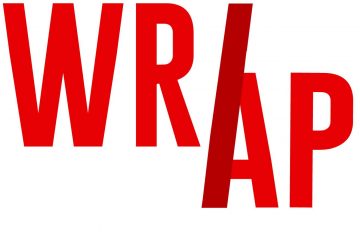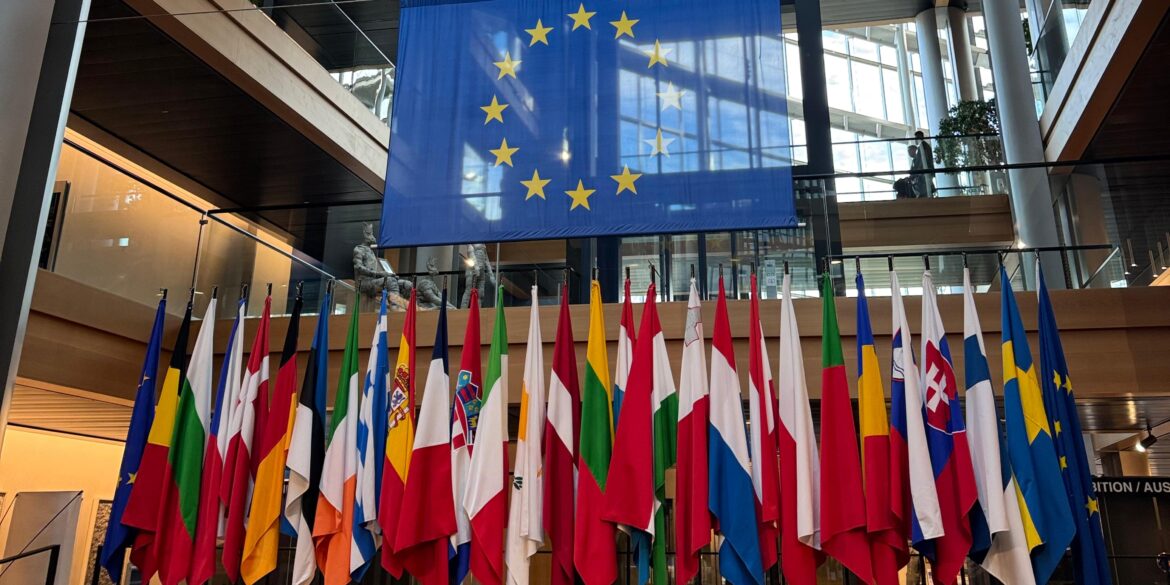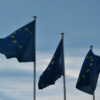Europe’s security is at a crossroads. The Russo-Ukrainian War and a reduced U.S. role in NATO under Donald Trump have sparked debates on defense strategy. Is a united European defense force a bold solution or a risky disruption to existing alliances?
The debate over a united European army exposes stark divides among EU nations. Proponents, such as France and Germany see it as a path to reducing dependence on NATO and the U.S., enhancing strategic autonomy, and strengthening collective defense. However, opponents in Eastern European nations like Poland and the Baltics, fear it might weaken NATO, crucial for countering Russian aggression.
Caught between allies: NATO and the U.S. as obstacles to EU defense unity
NATO has historically been the cornerstone of European security, providing a framework for collective defense under Article 5 of its founding treaty. This reliance is starkly illustrated by the fact that during NATO’s recent troop buildup along Europe’s eastern borders, 100,000 of the 140,000 deployed troops were American—a clear indicator of Europe’s dependence on U.S. military power. As Gilles Merritt, a British journalist, author, and EU policy expert, observed: “Europeans thought they could get a free ride on America’s commitment… assuming the U.S. would always shield Europe from Russian aggression, which is a Cold War-era mentality that still lingers.”
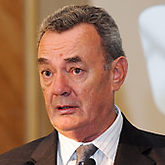
Europeans thought they could get a free ride on America’s commitments.
Giles Merrit
Efforts like the EU’s Strategic Compass and PESCO (Permanent Structured Cooperation) are designed to bolster European defense capabilities and reduce this reliance. However, they often overlap with NATO’s existing structures, leading critics to argue that these initiatives risk duplicating efforts rather than enhancing them. For example, NATO already coordinates closely with EU missions accentuating the interwoven nature of the two organizations. An independent EU defense force might therefore be perceived as redundant or even as a competitor, potentially undermining NATO’s cohesion.
Europe’s reliance on the U.S. further complicates matters. Washington’s changing focus, especially its shift toward the Indo-Pacific and the growing demand for NATO countries to share the defense burden, has sparked discussions about whether Europe can keep relying on U.S. military support. Advocates of European strategic autonomy argue this is an opportunity for the EU to assume greater responsibility for its own security, with the Ukraine conflict underscoring the urgency of building up European capabilities. Yet, this vision encounters resistance not only from within the EU but also from NATO allies like the UK and Turkey. The UK, historically more invested in NATO than in EU-led defense initiatives, has expressed skepticism about any moves perceived as sidelining the alliance.
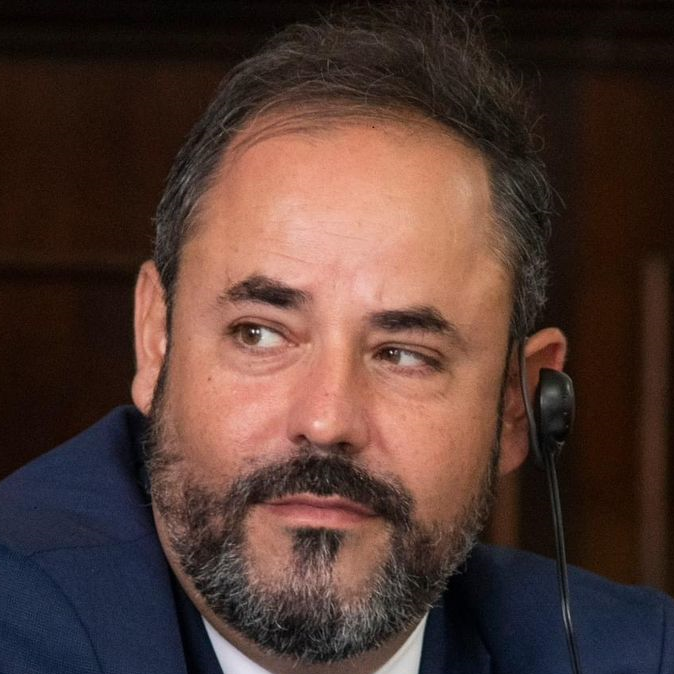
The biggest obstacle we will need to overcome is finding the trust to unite the various armies under a common headquarters.
Carlos Uriarte Sánchez
As Gilles Merritt noted, defense in Europe remains “profoundly national,” with member states prioritizing sovereignty and NATO partnerships over deep integration within the EU framework. Without clear coordination mechanisms to align EU defense efforts with NATO’s, the EU risks fragmenting its strategic objectives and straining transatlantic relations.
The Pan-European Union: Advocate for an EU Army
Carlos Uriarte Sánchez, Secretary General of the Spanish chapter of the PEU, believes that an EU army is most definitely a possibility, albeit not one for the near future. He sees all previous joint defense efforts, like PESCO and the Strategic Compass, as steps that bring us closer to a future with an EU army. These steps toward military cooperation have greatly accelerated since the start of the Russo-Ukrainian war.
“The biggest obstacle we will need to overcome is finding the trust to unite the various armies under a common headquarters,” says Uriarte Sánchez. “This will, especially with the rise in nationalism in the EU, be a difficult task. By doing this, we can streamline the European defense industry and make quicker decisions as a continent.”
Not only the Pan-European Union supports a unified European army; Belgian MEP Wouter Beke (CD&V) is also a strong advocate.
Political and legal barriers to European Defense Force
The creation of a European Union defense force encounters formidable political and operational hurdles. As Kenneth Keulman, a political philosopher, emphasizes, “The EU’s political and legal framework itself presents a significant challenge. Defense matters require unanimity, and the consensus model, while democratic, often becomes an obstacle to timely and decisive action.” This mechanism, according to Keulman, highlights “the deep-seated reluctance of member states to cede sovereignty, especially in areas as critical as national defense.” For many nations, maintaining control over defense policies is paramount. “The idea of subordinating national defense to a supranational command strikes at the heart of sovereignty,” he explains. “This reluctance raises a fundamental question: How do we balance the need for collective security with the intrinsic value nations place on their independence? Until this question is answered, progress will remain slow.”
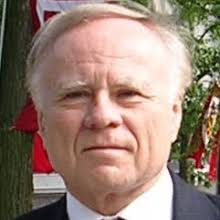
The consensus model, while democratic, often becomes an obstacle to timely and decisive action.
Kenneth Keulman
Economic disparities and defense spending
Economic differences among EU member states exacerbate the difficulty of creating a unified defense force. “It’s not just about military readiness,” Keulman argues, “but about ensuring that costs are shared in a way that is both equitable and politically acceptable. Wealthier nations often fear being unfairly burdened, while less affluent states face the stark reality of their limited capabilities.” Without a clear framework for defense funding, Keulman warns, “economic divisions within the EU could deepen, eroding the trust and cohesion necessary for such an ambitious project.”
Belgian MEP Louis Tobbac (Vooruit) on EU defense spending
Logistical Challenges
Operational integration poses another significant barrier. “Bringing together 27 diverse military forces is not simply a matter of goodwill,” Keulman notes. “It requires harmonizing everything from command structures to equipment standards. This is a monumental logistical undertaking, requiring not just financial investment but an unprecedented level of coordination and compromise.” Moreover, he points to the differing strategic priorities of EU nations: “Geography, historical alliances, and varying threat perceptions make alignment on a single defense strategy exceedingly difficult.”
NATO overlap and neutrality
The relationship between a potential EU defense force and NATO is another thorny issue. Keulman observes, “Many critics rightly question whether creating an EU force would result in unnecessary duplication of NATO’s efforts. The smarter approach might be to strengthen European influence within NATO’s existing framework rather than trying to reinvent the wheel.”
Additionally, the presence of neutral EU member states adds further complexity. Franz Eder, a political scientist from the University of Innsbruck, explains, “Neutral countries like Austria and Ireland have historically avoided military alliances, and their publics are often deeply resistant to any change in this stance. It’s not just a policy issue; it’s a cultural and historical one.”

Possible solutions and alternatives
The European Union is taken to ensure that national sovereignty is not undermined. A faster response to international crises is to be achieved in the future by developing a Rapid Deployment Capacity (RDC). A modular force of 5,000 troops is to be operational by 2025. This would complement NATO efforts and strengthen strategic independence.
Multinational structures and NATO cooperation
Dr. Sven Bernhard Gareis, political scientist and expert on European security policy at the University of Münster, emphasizes the advantages of multinational structures such as the Eurocorps or the German-Dutch Corps. These show the potential for integrated but autonomous military cooperation. These frameworks enable EU member states to jointly develop capabilities, improve interoperability, and optimize resources to address inefficiencies in procurement and logistics. Dr. Gareis notes that a common European procurement approach would be far more efficient and cost-effective: “As the Americans would say, sharing the same systems in different countries would get us more for our money.”

Strengthening the European pillar in NATO is essential.
Sven Bernhard Gareis
In addition, cooperation with NATO remains crucial. Gareis emphasizes that NATO will continue to be the core of European defense, with the EU playing a complementary role: “The EU member states play a crucial role within NATO, and I believe strengthening the European pillar in this transatlantic alliance is essential. Following the recent U.S. elections, it’s clear the United States will expect Europe to take on more responsibility for its own security – still within the alliance, but with more cooperation among European nations and more attention to our shared European interests.”
Also Wouter Beke, Member of the European Parliament, believes that a European army should not work against NATO but rather cooperate with it.
Enhancing EU operational credibility
Antonio Missiroli, former NATO Assistant Secretary-General, believes NATO serves as the model for collaboration, but Europeans should strive to enhance their ability to conduct military operations independently, without always relying on the U.S. The EU’s success in missions like EU NAVFOR Atalanta, an anti-piracy operation, demonstrates its capacity to lead operations on its own. Such examples help increase the EU’s operational credibility, reinforcing its role as a key player in global security.
Ulrike Franke, senior policy fellow at the ECFR states “A unified European army is undeniably attractive in theory, but even if all obstacles were overcome, implementation would take decades—far too late to address the urgent challenges we face today. The world is burning now, and delayed action is no action at all.”
